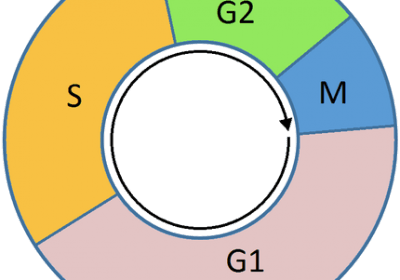CAR T-Cell Therapy

The mechanism of action of CAR T-cell therapy: T cells: To understand CAR T-cell therapy, it helps to understand what T cells do. White blood cells called lymphocytes play an important part in fighting infection and diseases, including cancer. There are different types of lymphocytes. T cells are one type. T cells move around the body to find and destroy defective […]
Read more


